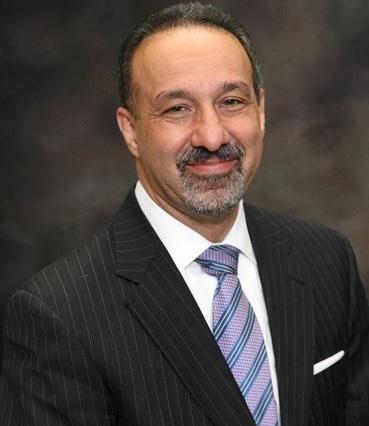Social Change in an Unchanging State: Life and Protest in Contemporary Iran
–
Virtual MiddleburyOpen to the Public

The Rohatyn Center for Global Affairs program on Global Trends in Autocracy and Democracy presents Professor of Government at Georgetown University Qatar, Mehran Kamrawa.
In September 2022, the killing in Iran of Mahsa Amini, a 22-year-old woman, at the hands of the so-called Morality Police engulfed the country in countrywide protests. Amini, whose alleged crime was poor hijab, soon emerged as a symbol of women’s second-class status in Iran and a rallying cry for men and women of all ages who expressed outrage against the Islamic Republic’s arbitrary, and often draconian social policies. Since the 1978-79 revolution, women have been particular targets of the Islamic Republic’s austere social policies and forcible acceptance of Khomeini’s, and later Khamenei’s, highly conservative and traditionalist version of Islam. With varying degrees of intensity at different times in its forty-three year life so far, the state has frequently tried to drag the population into heaven, even if they have kicked and screamed in resistance. The September-October 2022 protests are but the latest manifestation of an ideological state trying to enforce its ideology onto a restive and noncompliant population through its security forces. Ultimately more important maybe the longer-term social consequences of the latest uprisings. There have been scattered individual protests against mandatory hijab in the past. But now Iranian women have lashed out in droves against the social conservatism and myopia of the ruling clerical classes. Compulsory hijab, the most obvious ideological symbol of the Islamic Republic, has now been challenged in a most celebrated manner. Even though the protests are now effectively suppressed, Iranian women have shown their empowerment and defiance in a manner that men have seldom dared. The gap between the Iranian state and Iranian society is now wider than ever, with women leading the charge to separate a society yearning for freedom from a state that demands compliance and conformity.
Mehran Kamrava is a very well known expert on Iranian politics and also directs the Iranian Studies Unit at the Arab Center for Research and Policy Studies. He is also the author of numerous journal articles and books.
To join this webinar, please use this Zoom link or visit the Rohatyn Center for Global Affairs events.
- Sponsored by:
- Rohatyn Center for Global Affairs and Int'l Politics & Economics
Contact Organizer
DeFoor, Margaret
mdefoor@middlebury.edu
(802) 443-5324

